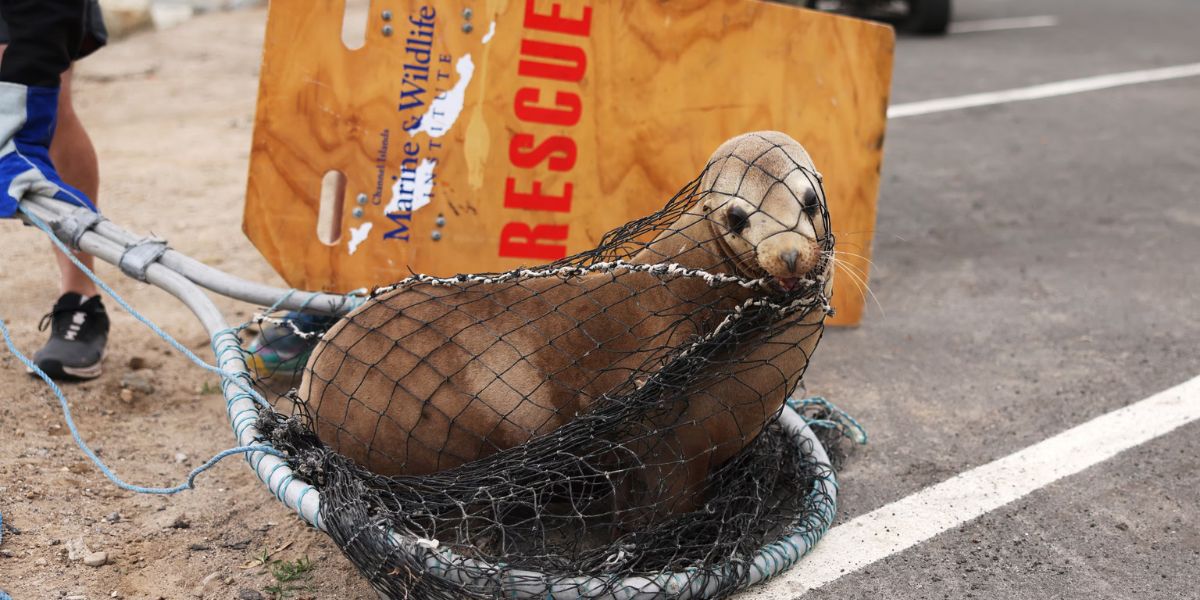Up until today, sea lions in Southern California waters had seldom ever caused issues for swimmers, surfers, or beachgoers.
According to scientists, local populations of sea lions and other marine mammals are being infected by a neurotoxic, a naturally occurring bloom of toxic algae, which causes them to become lethargic, have seizures, and occasionally become hostile.
During her swim test for the Long Beach cadet lifeguard program over the weekend, a 15-year-old girl was attacked by an angry sea lion, which left her with bites, scrapes, and bruises on her arm.
A sea lion attack was also reported by a surfer in Oxnard a week earlier.
“We have seen over 250 animals this year so far, when, normally, over an entire year we only see 300,” MMCC Marine Biologist Dave Bader stated.
According to Bader, climate change is to blame for the bloom’s intensity off the waters of Southern California.
“This is not normal,” he stated. So, not normal behavior is one of the things that would make us say, ‘This animal has probably got a neurotoxin.’”
People may be in grave danger if they come into contact with sick and hostile sea lions. The sea creatures are six feet long and can weigh up to 700 pounds.
The teenage girl was brought to the hospital for treatment of her injuries after lifeguards observing the swim test hurried out to assist in getting her back to shore. She’s out of the water for the time being, but thankfully she wasn’t terribly hurt.
Additionally, the surfer managed to return to land safely.
“I would say that if you see a sea lion in and around an area you’re swimming in, you should probably come out of the water and give that animal space,” Bader stated.
People should exercise caution while entering the ocean because the harmful algal blooms are not showing any signs of slowing down, at least not yet, the biologist added.
If you see a sick or stranded marine mammal, you can report it by calling 1-800-39-WHALE and alerting the closest lifeguard.







Leave a Comment